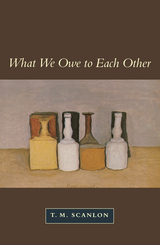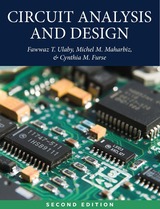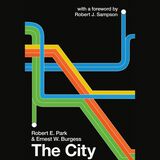
Some acts are wrong, even if they have good results, and some are right even if the world would have been a better place without them. Here is a cogent and lucid argument for a system of morality that makes place for that which is right or wrong in itself and not just according to consequences. Charles Fried develops in this book a conception of right and wrong that supports judgments on subjects as various as tax structure, self-defense, kidney transplants, tort liability, and freedom of speech.
Fried begins by examining the demands of morality in two quite different cases: harming the innocent (where ordinary moral consciousness suggests absolutes) and lying (where consequences seem pertinent). Upon this foundation he elaborates a theory of rights that accounts for the obligation to contribute to the welfare of others but accounts also for the limits of that obligation. Comparisons and contrasts are drawn to economic theories of rights, and to the writings of Dworkin, Nozick, and Rawls. Finally, Fried considers how choices made within personal and professional roles—by friends and kin, by doctors and lawyers—are susceptible of moral judgment.
Right and Wrong will have an impact on ethical, legal, and social theory, and will profit anyone thinking about the requirements of a moral life.

“This magnificent book…opens up a novel, arresting position on matters that have been debated for thousands of years.” —Times Literary Supplement
How do we judge whether an action is morally right or wrong? If an action is wrong, what reason does that give us not to do it? Why should we give such reasons priority over our other concerns and values? In this book, T. M. Scanlon offers new answers to these questions, as they apply to the central part of morality that concerns what we owe to each other. According to his contractualist view, thinking about right and wrong is thinking about what we do in terms that could be justified to others and that they could not reasonably reject. He shows how the special authority of conclusions about right and wrong arises from the value of being related to others in this way, and he shows how familiar moral ideas such as fairness and responsibility can be understood through their role in this process of mutual justification and criticism.
Scanlon bases his contractualism on a broader account of reasons, value, and individual well-being that challenges standard views about these crucial notions. He argues that desires do not provide us with reasons, that states of affairs are not the primary bearers of value, and that well-being is not as important for rational decision-making as it is commonly held to be. Scanlon is a pluralist about both moral and non-moral values. He argues that, taking this plurality of values into account, contractualism allows for most of the variability in moral requirements that relativists have claimed, while still accounting for the full force of our judgments of right and wrong.
READERS
Browse our collection.
PUBLISHERS
See BiblioVault's publisher services.
STUDENT SERVICES
Files for college accessibility offices.
UChicago Accessibility Resources
home | accessibility | search | about | contact us
BiblioVault ® 2001 - 2024
The University of Chicago Press









